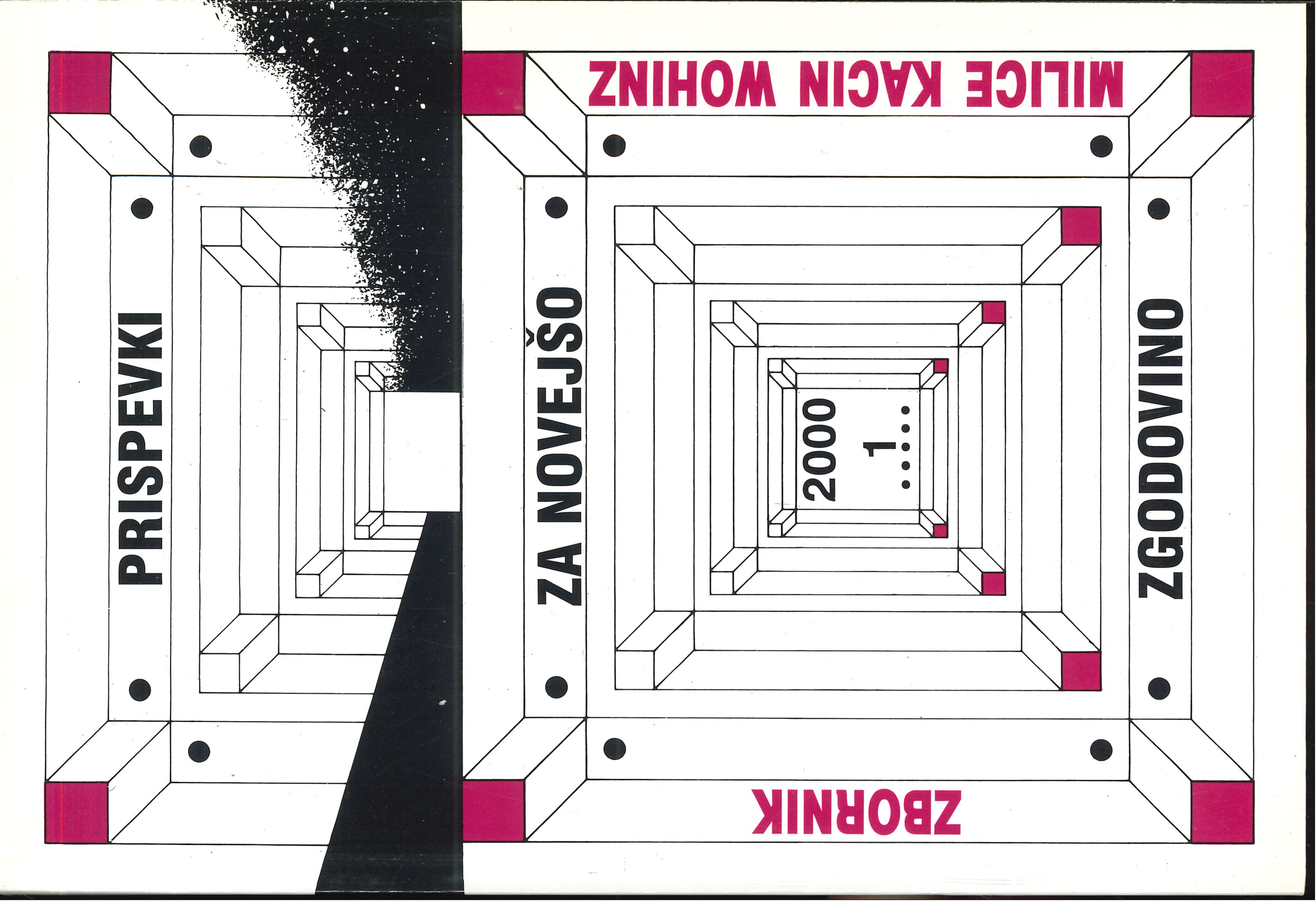Legislation of the Allied Military Government on the Istrian Refugees (1945-1947-1954)
Keywords:
Free Territory of Trieste, Allied Military Governement, Istrian refugees, TriesteAbstract
The author analyses legislation of the Allied Military Government, which standardized the presence and life of refugees from Istria in the Zone A of the Julian March and/or of Free Territory of Trieste, from June 1945 to November 1954. Practically no impediments were set up by orders of the Allied Military Government regarding the entrance of refugees to the Zone, their legal stay in the Zone as well as the possibility to provide flats. However, the prohibition of registering new persons for permanent residence in the Zone A of Free Territory of Trieste, which was in force almost uninterruptedly from December 1947 up to the Memorandum of Understanding in October 1954 (London) and related prohibition of employment of persons without permanent residence caused difficulties, at least on paper, for refugees to arrange their normal life in the Zone A as well as their fully entitled participation in politics (yet the permanent residence was a precondition for the acquirement of the right to vote). Owing to enormous gaps and incompleteness of the act wording the discretion that was given to the executives as well as the prevailance of pro-Italian element in the administrative machinery of the Allied Military Government the refugees surmounted these almost insurmountable obstacles with a considerable ease.
Downloads
Published
Issue
Section
License
Authors who publish with this journal agree to the following terms:
- Authors retain copyright and grant the journal right of first publication with the work simultaneously licensed under a Creative Commons Attribution License that allows others to share the work with an acknowledgement of the work's authorship and initial publication in this journal.
- Authors are able to enter into separate, additional contractual arrangements for the non-exclusive distribution of the journal's published version of the work (e.g., post it to an institutional repository or publish it in a book), with an acknowledgement of its initial publication in this journal.
- Authors are permitted and encouraged to post their work online (e.g., in institutional repositories or on their website) prior to and during the submission process, as it can lead to productive exchanges, as well as earlier and greater citation of published work (See The Effect of Open Access).


